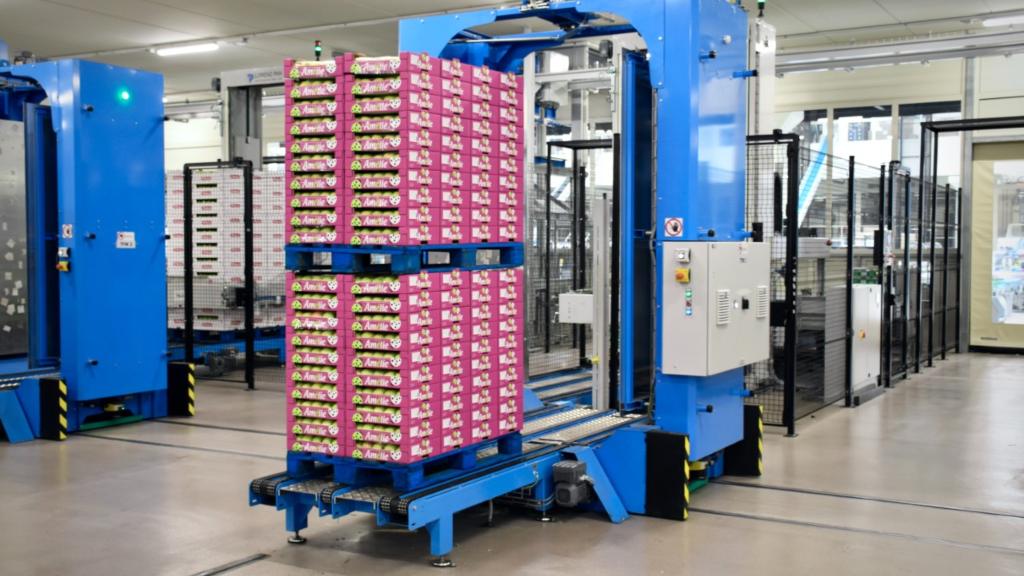
The automated processess are increasingly present in Spanish companies. In the last five years, 16% of logistics SMEs personnel have been replaced by this type of process, according to a report by the Imancorp Foundation and the Autonomous University of Barcelona prepared within the framework of the Observatory of Digital Skills and Employment promoted by both entities and for which a survey of a hundred companies has been carried out, and a dozen experts from the sector have been consulted.
The most replaced profiles, according to this report, have been those of collection employees, operations staff, warehouse staff and order distribution team.
According to the same report, 17.4% of companies have reduced staff such as digitization effect but 8.7% have increased them for the same reason.
These changes in the templates have occurred despite the low penetration of the main technologies of industry 4.0 in SMEs in the Spanish logistics sector. Only 30% have used big data in the last year, barely 21.5% use cloud services and the Internet of Things (IoT) only reaches 26.7% of the companies in the sector. Some specific technologies, such as voice picking or blockchain, are not very developed either. Despite this situation, the sector average in the process of acquiring and using many of these technologies is higher than the average for Spanish companies in other sectors.
Changes in technical skills
In the profiles with the lowest qualifications, beyond their reduction due to the automation of storage processes, the need for greater interaction with digital devices.
The report points out how these profiles have low social prestige, and updating them with digital tools −greater connectivity and use of digital devices− can be an incentive for the young population.
In the case of carriers, in addition to the low social prestige, there is the question of how it will affect the autonomous driving. According to the report, there is a paradox that there is a shortage of personnel in this field and at the same time more autonomous driving should reduce demand.
In transport management positions there is a greater complexity of tasks that require a strong training investment, at least one CFGS − although it is considering deploying a specific CFGM offer in the sector−, and with an advanced command of data use to management, although not necessarily “big data”. One of the key skills to develop is document management, more complex than a few years ago, due to the increase in multimodality and the different actors in the sector.
Training and employment
According to the report prepared by the IMANcorp Foundation and the Autonomous University of Barcelona, 27.3% of companies in the logistics sector do not yet have no mechanism for detecting skills needs and digital skills within your workforce. Among those who do, the Training Needs Diagnosis (DNF), the digital Gap Map or the annual professional interview are the most widely used.
As far as continuous training activities carried out by logistics companies are concerned, the vast majority have opted for the training related to the introduction of new hardware/software or machinery, occupying this training to all types of personnel. With regard to training in general computer skills, 60% of companies have opted for them, especially for their technical and administrative staff.
Specific computer skills (specialized hardware, programming, etc.) have been aimed, mainly, at technical personnel. While training in social skills or soft skills have only been developed by around 50% of companies and only 40% of them for technical staff.
Regarding the accreditation of digital knowledge, 95% of companies do not have mechanisms to accredit said knowledge. And only 10% have promoted that workers use some mechanism for the recognition and accreditation of digital skills.